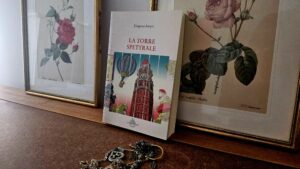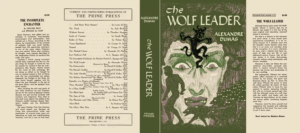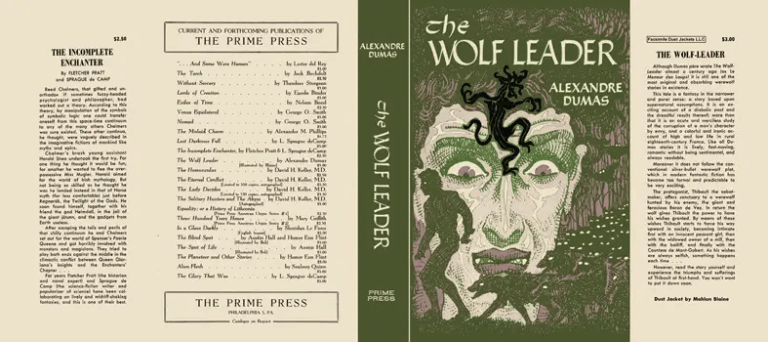Early morning rejection! I’m querying for an agent to represent my Gothic Novel and, as you know by now, I gift an eBook to my Patrons every time one of these agents turns down my request for representation.
I’m in a cheerful mood, this week — it’s the last week in my 30s — and the story of this particular book is interesting as it features a disabled character, so I’ve decided to extend the free eBook to everyone, not just to subscribers.
As usual, remember you can follow the page without subscribing, and your support is tremendously appreciated.
This story is another original translation of a fairy tale written by the Italian symbolist poet Guido Gozzano: I already did a couple of them.
Guido G. Gozzano, born in Turin on December 1883, was an Italian poet and writer and he belonged to the literary movement known as the “Crepuscolari” (Twilight Poets), which emerged in Italy during the late 19th and early 20th centuries. Gozzano came from a well-established family and pursued classical studies at the Liceo Classico Cavour in Turin. In his early years, he was influenced by French symbolism and decadentism, and his poetry often reflected a sense of nostalgia and melancholy. Inspired by Leopardi and fierce political opposer of Gabriele d’Annunzio, Gozzano published both poetry and prose.
His notable works include “La via del rifugio” (The Way to Refuge) and “I colloqui” (Dialogues). His poetry, characterised by musicality and refined language, explored themes of fleeting beauty, disillusionment, and the passage of time.
During the latest years of his life he dedicated himself to delicate fragments of poetry called The Butterflies, segments of prose in epistolary form and, most importantly, the fairy tales published in this collection. They originally appeared serialized on the children’s magazine Corriere dei Piccoli.
His life was cut short when he succumbed to tuberculosis at the age of 32. His poetry continued to gain recognition posthumously, and he is remembered as one of the significant figures of Italian symbolism.
This story is particular because it features a disabled character who’s not a villain nor grows mean for his disability. The topic is expanded in-depth by the Disabled Tales project, which particularly expands on how disability in folklore is often seen as a punishment or as a sense of wickedness, and to openly discuss how these views can now make us feel uncomfortable. Fairytales and folktales are not set in stone: they have survived by being retold over and over, which means we now have agency to change them as we please and adapt them to our grown sensibility. How would you change the story in this book? I think I would change the ending, and I have an idea as to how, but I would like to hear your views on it.







No Comments